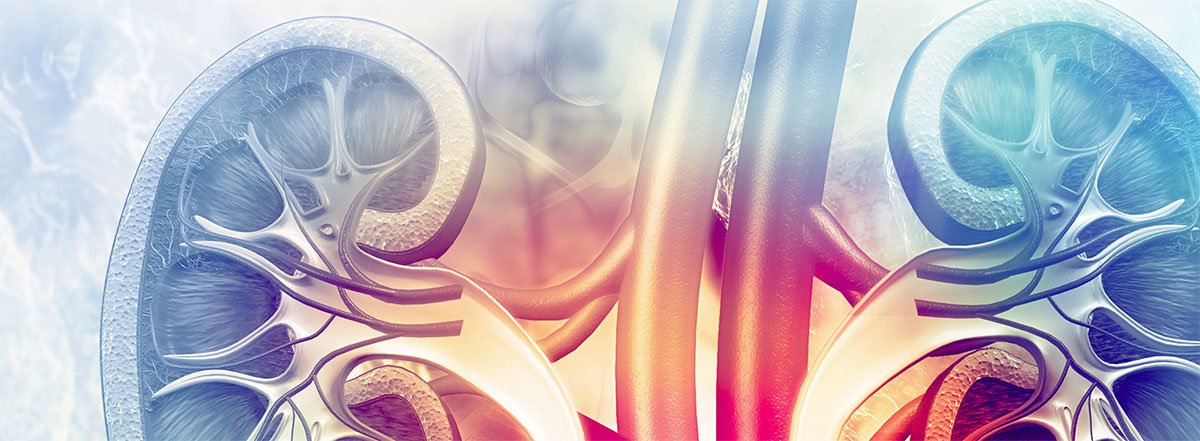What Do Kidneys Do?
Your kidneys perform many tasks within the body – with the most important being the removal of metabolic waste products, excess minerals and excess fluid that your body doesn’t need — all of which leaves your body as urine. Think of kidneys as your internal water and waste managers, working 24/7.
What Is eGFR?
eGFR stands for estimated Glomerular Filtration Rate. It’s a calculation of how well your kidneys are cleaning your blood every minute. Doctors use it as an estimate of your kidney function, kind of like a performance score.
• It’s measured in milliliters per minute (mL/min) - how much blood your kidneys filter each minute.
• If your kidneys are working well, your eGFR will be over 60. Many labs will just report “>60” instead of giving a specific number if it’s higher than that, because the equation is not very precise above that level.
Cool Kidney Facts
• You have approximately 1 million tiny filters in each kidney. These are called glomeruli (plural for glomerulus), and they’re made up of tiny blood vessels. • Each glomerulus is attached to a microscopic “plumbing system” called a tubule, which helps process the filtered fluid into urine.
• Your kidneys activate vitamin D, which is essential for keeping your bones strong and healthy.
• If your kidneys are working properly, they filter up to 180 liters of blood every day — that’s the same as about 507 cans of soda!
• About 25% of the blood pumped from your heart goes directly to your kidneys - they’re that important.
• Your kidneys help your body make red blood cells by releasing a hormone called erythropoietin.
• Your kidneys secrete and respond to hormones involved in regulating your blood pressure
• Starting around age 40, you gradually lose about 1% of your kidney filters each year. That’s normal aging, and thankfully you have a lot of backup capacity.
Want to Know More? Visit www.niddk.nih.gov
When you subscribe to the blog, we will send you an e-mail when there are new updates on the site so you wouldn't miss them.



